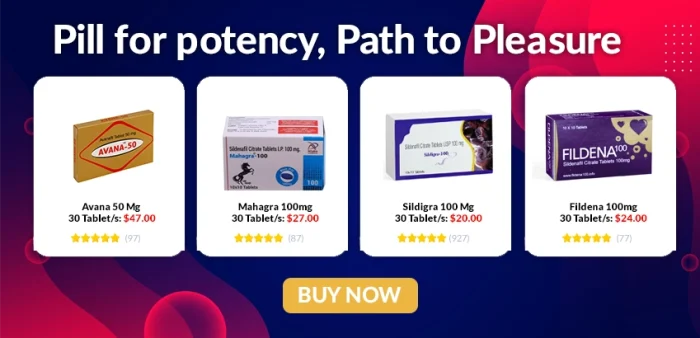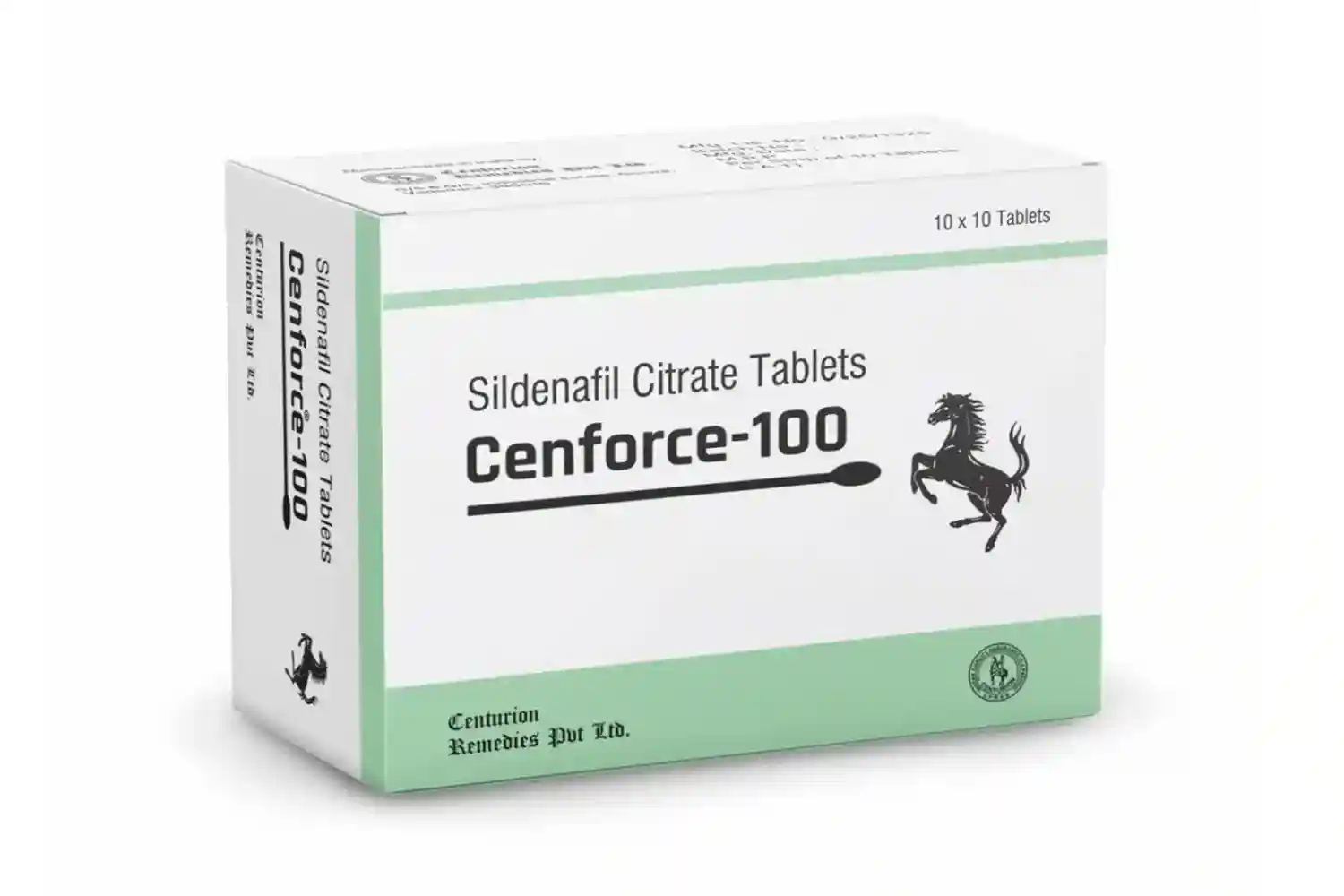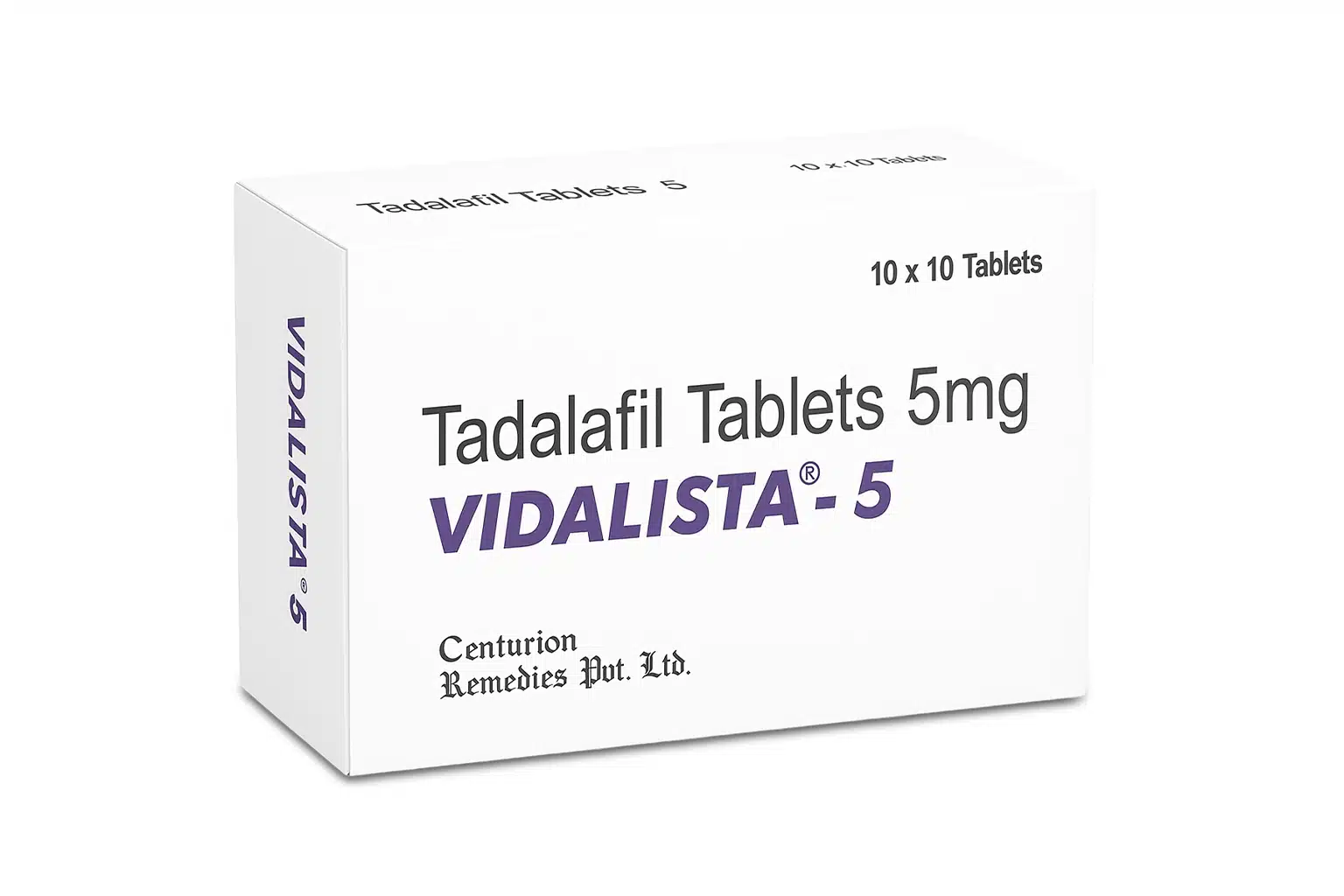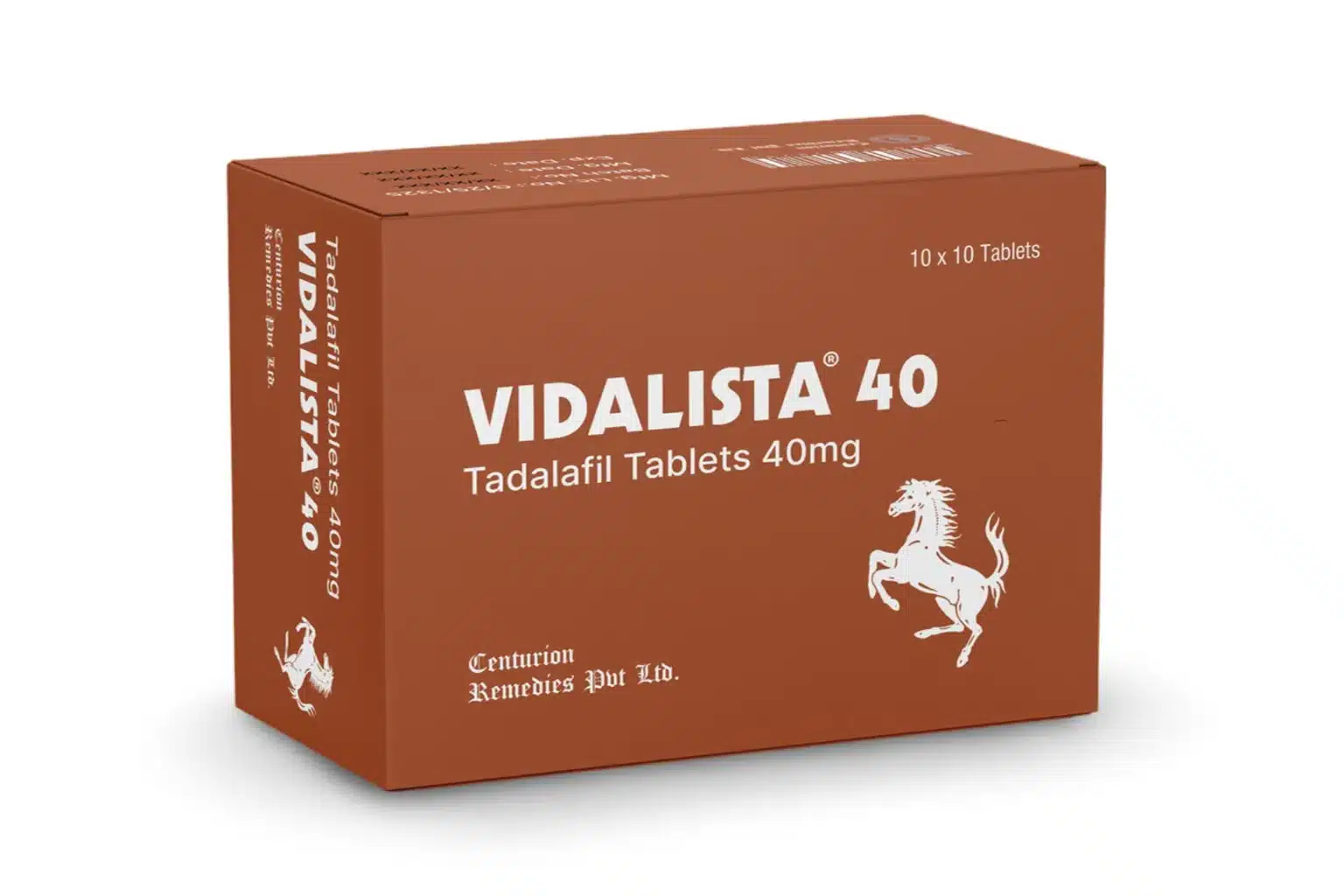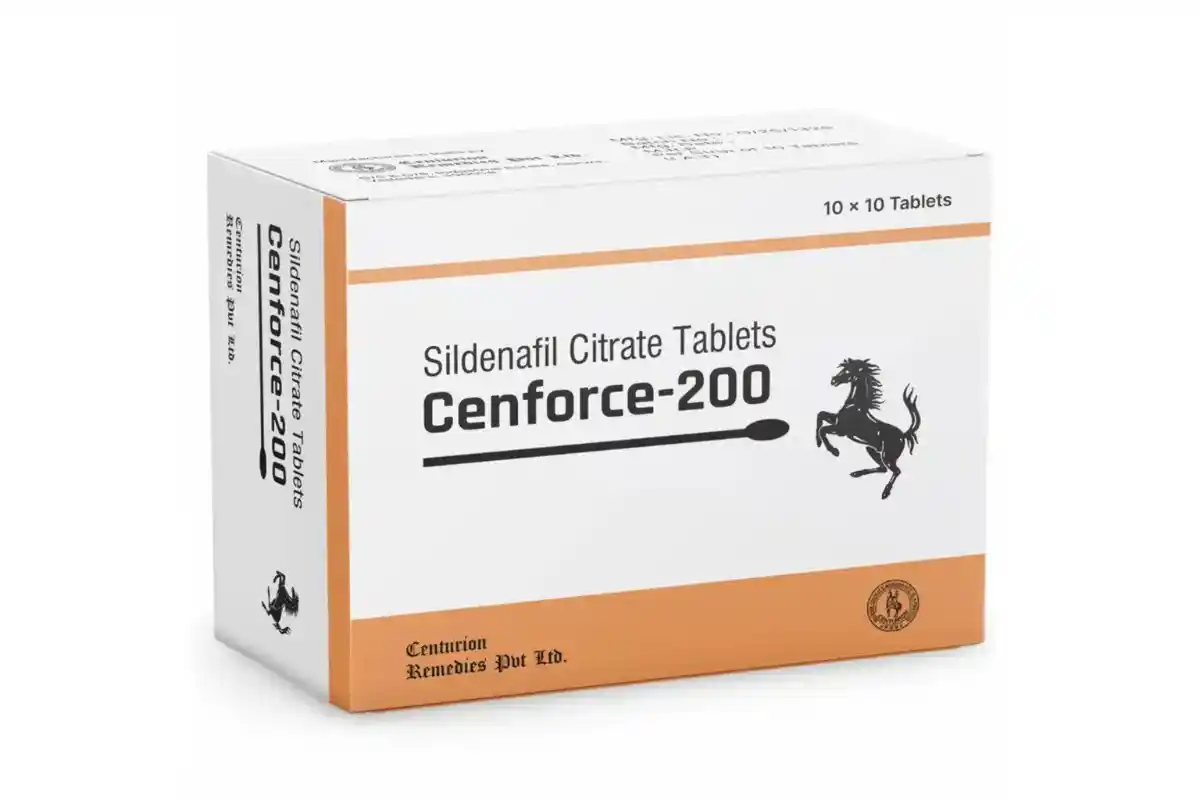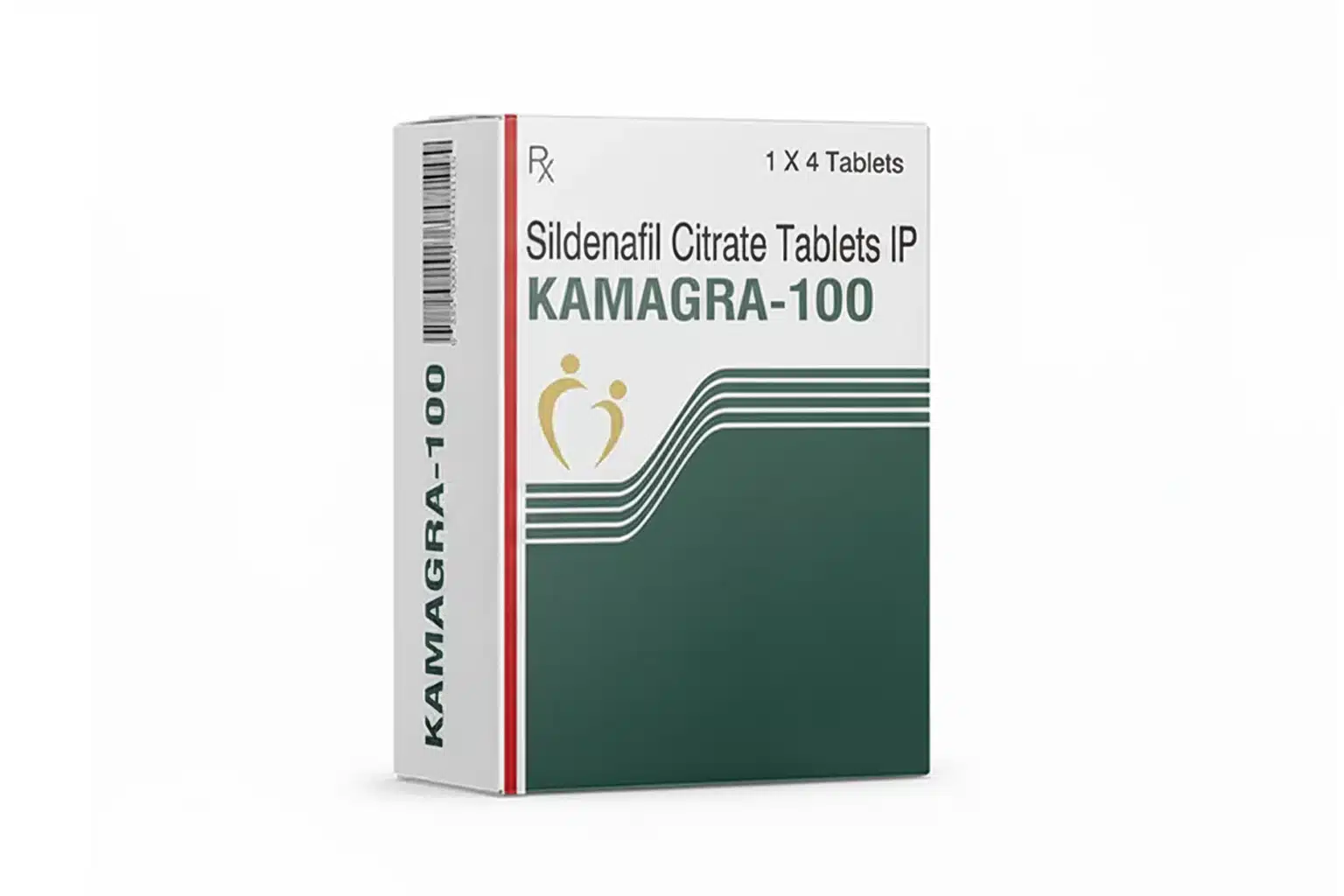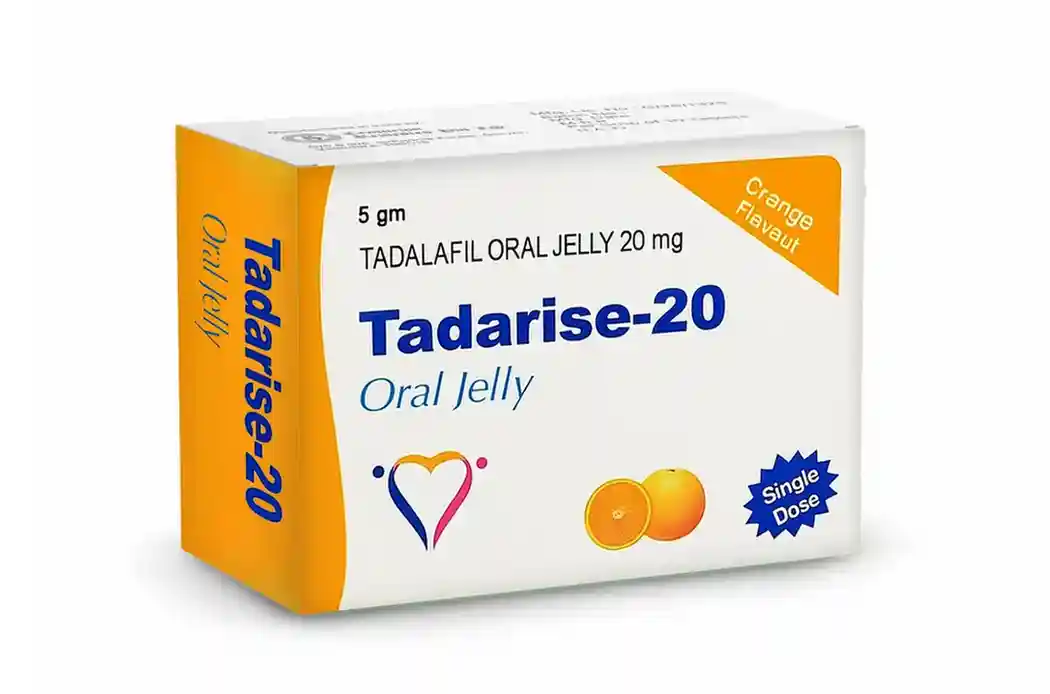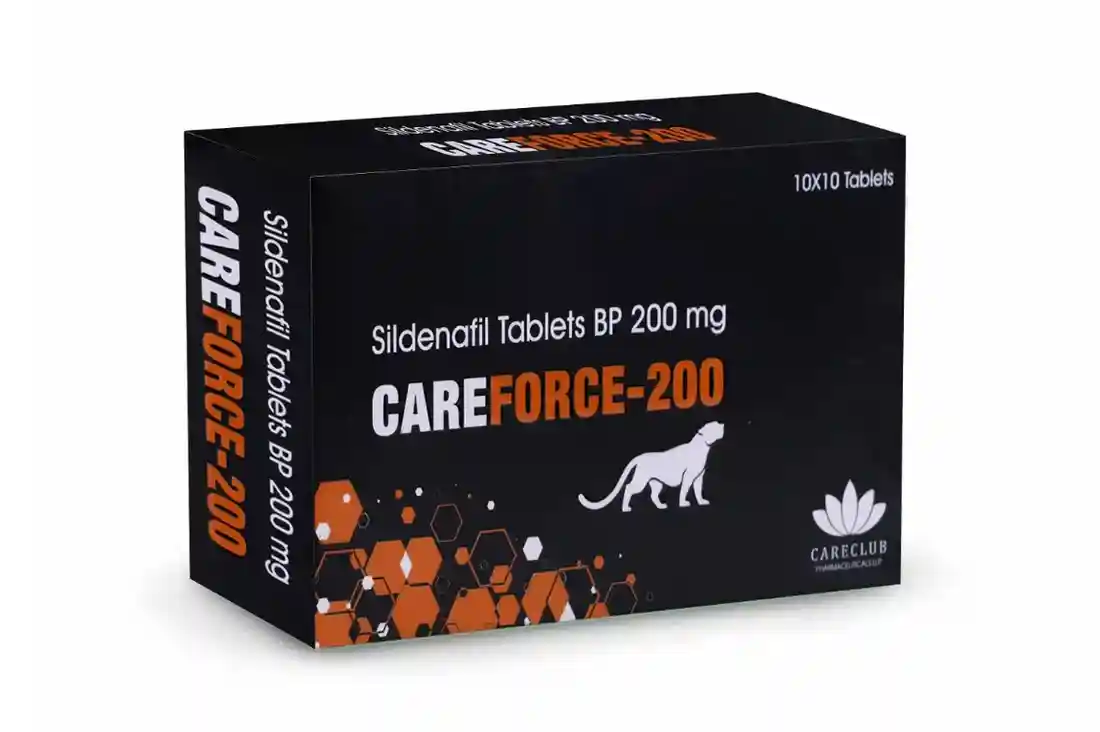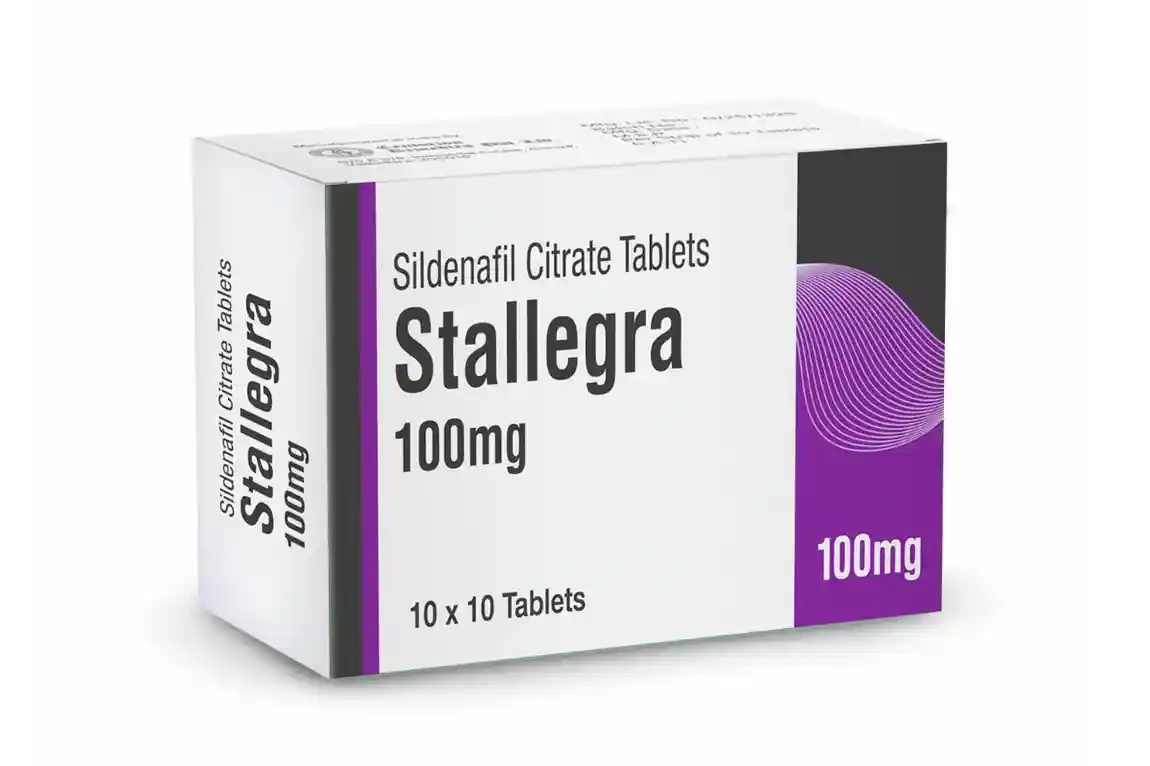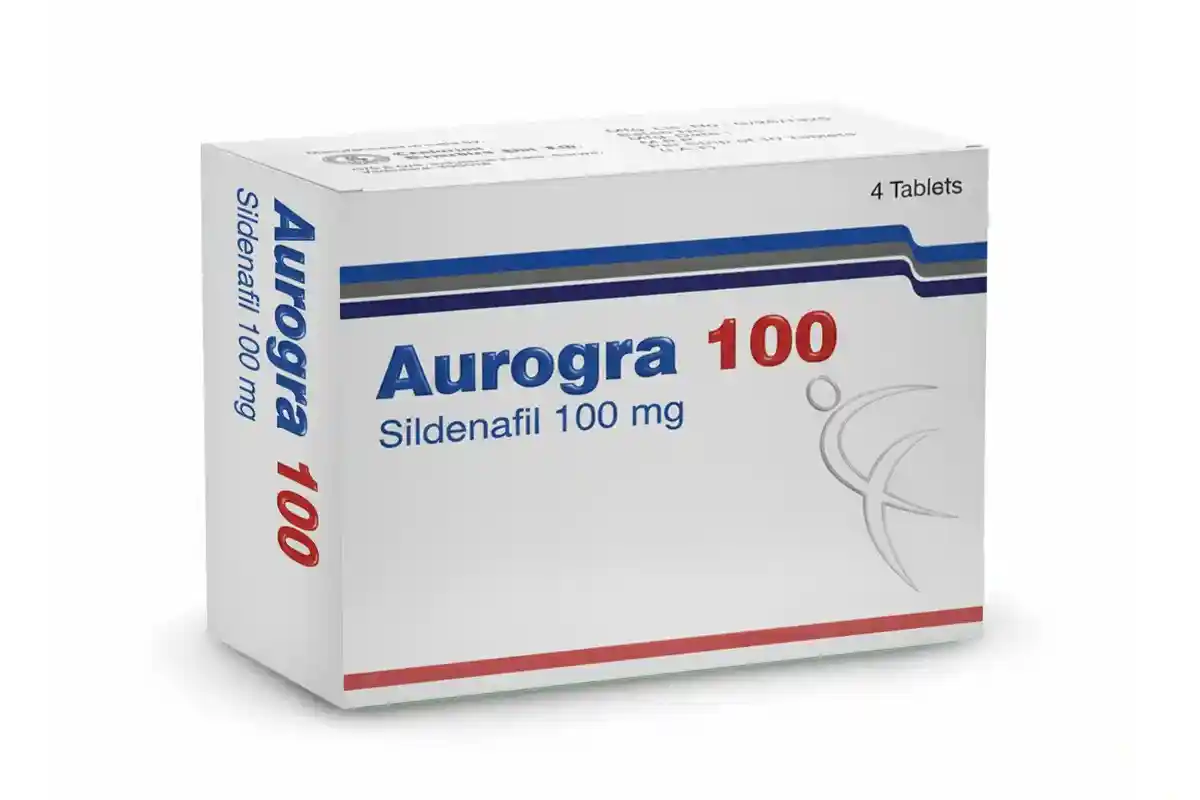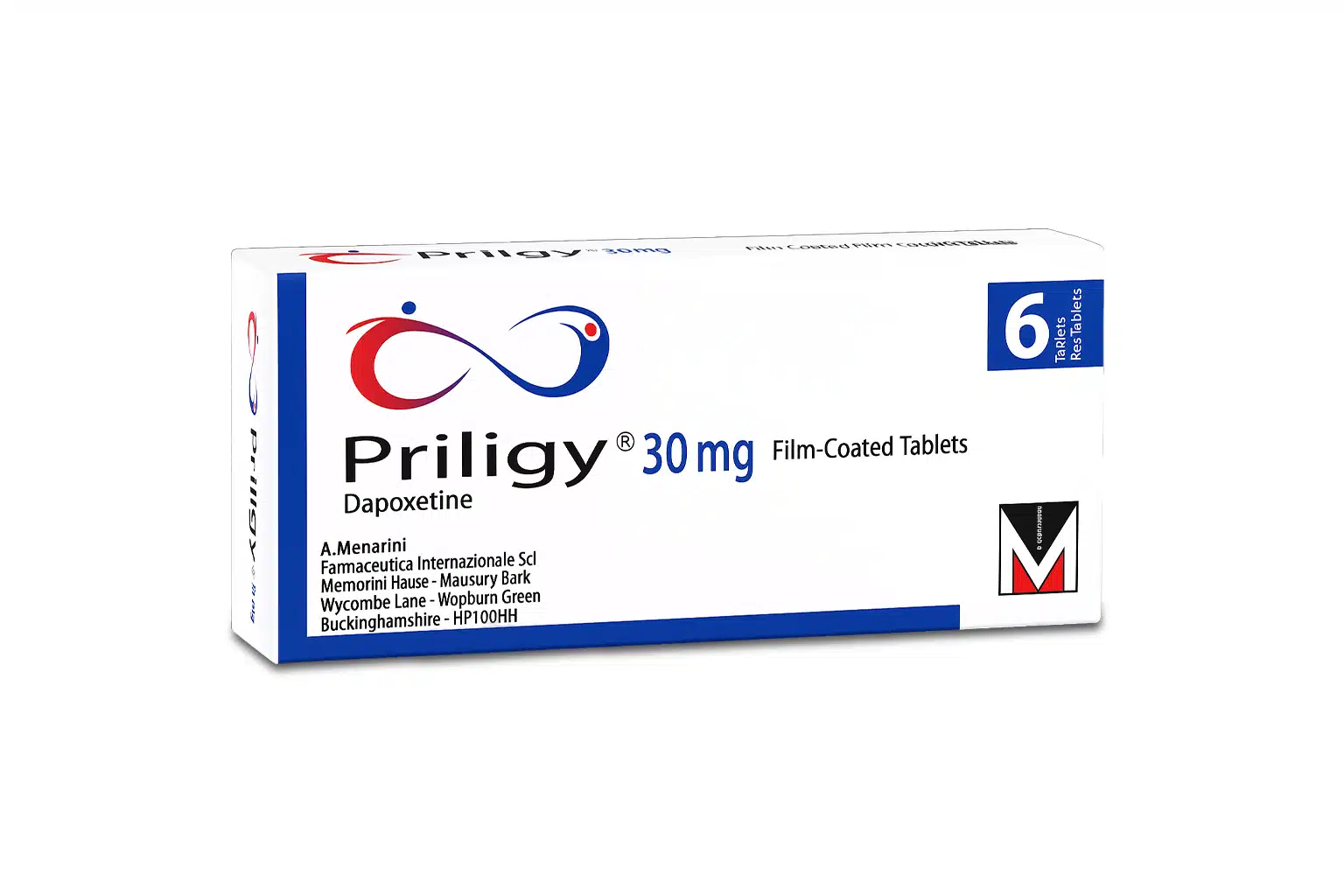Chest pain during sex can be terrifying. Is it your heart, anxiety, or something else? Let’s talk about the truth behind this frightening symptom and what you need to do.
Let’s be honest, it’s not a topic you bring up at the dinner table. Chest pain during sex is a quiet fear many of us carry. A flash of pain, a tight feeling in your chest, and the thought that maybe, just maybe, you’re having a heart attack. It’s scary, and it stops everything. But before you panic, let’s take a deep breath and figure out what’s really going on.
Please, a quick but important note: I’m not a doctor. This is for information only. If you’re having chest pain, especially if it’s severe, call for help right away. Your health comes first, always.
Is Sex Like a Sprint for Your Heart?
That’s a question I had to ask myself. We tend to think of sex as this huge physical effort, but for most people, it’s actually not. Think of it more like climbing a couple of flights of stairs or going for a fast walk. Your heart rate and blood pressure go up, sure, but it’s a normal response to physical activity.
The trouble starts when there’s an underlying issue. A heart that’s already struggling can be pushed a little too hard by that extra strain. When that happens, you get what doctors call “coital angina” chest pain that pops up during or right after intimacy. It’s a sign your heart is asking for help.
Your Body Has Other Ways of Sending a Signal
It’s tempting to jump straight to the heart attack conclusion, but a lot of the time, the pain is coming from somewhere else entirely.
- Mind Games: Anxiety is a powerful beast. The fear of having chest pain can be so strong that it causes physical symptoms. Your heart starts racing up, your breathing gets all tight, and your chest muscles tense up. It’s a classic case of your mind playing tricks on your body.
- Dinner’s Revenge: Ever feel that awful chest tightness after a big meal? Well, imagine that, but during sex. Physical movement can push stomach acid back up into your throat, a condition known as GERD or acid reflux. The burning sensation is a dead ringer for heart pain.
- Muscle and Bone Aches: Think about it. Sex involves a lot of movement. You might strain a muscle in your chest wall or irritate the cartilage around your ribs. It’s a real thing, and it can cause a sharp, localized pain that feels like it’s coming from deep inside.
For the Ladies: Listen Up
Guys aren’t the only ones who get this. Women experience chest pain too, and sometimes it’s caused by something different. One example is Microvascular Angina. It’s tricky because it’s a problem in the tiniest heart arteries that don’t always show up on a standard test. It can feel like chest pain during sex or exercise, but it can also just feel like extreme tiredness. That’s why it’s so important for women to be persistent with their doctors and get a full workup.
When to Panic (Just a Little)
Look, sometimes it is a big deal. Chest pain during sex can be the first sign of serious heart disease. If you’re experiencing any of these symptoms along with the pain, you need to stop what you’re doing and get to an emergency room.
- Pain that’s spreading to your arm, jaw, or shoulder.
- Sudden shortness of breath.
- Nausea or vomiting.
- A cold sweat coming on out of nowhere.
- An irregular, pounding heart.
- A heavy, squeezing feeling in your chest.
Best Seller
-
Cenforce 100 Mg
Best Seller$24.00 – $215.00Price range: $24.00 through $215.00Rated 4.50 out of 5Shop Now This product has multiple variants. The options may be chosen on the product page -
Vidalista 5 Mg
best sellers$18.00 – $182.00Price range: $18.00 through $182.00Rated 4.00 out of 5Shop Now This product has multiple variants. The options may be chosen on the product page -
Vidalista 40 Mg
Best Seller$28.00 – $276.00Price range: $28.00 through $276.00Rated 4.00 out of 5Shop Now This product has multiple variants. The options may be chosen on the product page -
Cenforce 200 Mg
best sellers$31.00 – $335.00Price range: $31.00 through $335.00Rated 4.00 out of 5Shop Now This product has multiple variants. The options may be chosen on the product page -
Cenforce Fm
best sellers$33.00 – $218.00Price range: $33.00 through $218.00Rated 4.00 out of 5Shop Now This product has multiple variants. The options may be chosen on the product page -
Kamagra 100 mg
best sellers$24.00 – $125.00Price range: $24.00 through $125.00Rated 5.00 out of 5Shop Now This product has multiple variants. The options may be chosen on the product page -
Fildena 100 mg
best sellers$24.00 – $244.00Price range: $24.00 through $244.00Rated 4.00 out of 5Shop Now This product has multiple variants. The options may be chosen on the product page -
Malegra Oral Jelly 100 Mg
best sellers$8.00 – $44.00Price range: $8.00 through $44.00Rated 5.00 out of 5Shop Now This product has multiple variants. The options may be chosen on the product page -
Super Kamagra Oral Jelly
best sellers$25.00 – $120.00Price range: $25.00 through $120.00Rated 4.00 out of 5Shop Now This product has multiple variants. The options may be chosen on the product page -
Tadarise Oral Jelly
best sellers$19.00 – $72.00Price range: $19.00 through $72.00Rated 4.00 out of 5Shop Now This product has multiple variants. The options may be chosen on the product page -
Careforce 200 Mg
best sellers$29.00 – $332.00Price range: $29.00 through $332.00Rated 5.00 out of 5Shop Now This product has multiple variants. The options may be chosen on the product page -
Stallegra 100 Mg
best sellers$88.00 – $224.00Price range: $88.00 through $224.00Rated 5.00 out of 5Shop Now This product has multiple variants. The options may be chosen on the product page -
Exclusive
Aurogra 100 Mg
best sellers$29.00 – $76.00Price range: $29.00 through $76.00Rated 4.00 out of 5Shop Now This product has multiple variants. The options may be chosen on the product page -
Priligy 30 mg
best sellers$22.00 – $156.00Price range: $22.00 through $156.00Rated 4.00 out of 5Shop Now This product has multiple variants. The options may be chosen on the product page
A Crucial Side Note for Men: Did you know that erectile dysfunction can be an early warning sign of heart disease? The blood vessels to the penis are a lot smaller than the ones to the heart. Plaque buildup can block the smaller vessels first, causing ED long before it starts causing chest pain during sex. If you’re dealing with ED, please get your heart checked out.
The Big Mistake to Avoid: Self-Medicating
Let me be absolutely clear about something you might have seen online: unapproved medications like Kamagra Polo 100mg are incredibly dangerous. You might think they’re a quick fix, but you have no idea what’s really in them.
These drugs can have a fatal interaction with a type of medication used for chest pain (nitrates). Mixing the two can cause your blood pressure to drop so low that it leads to a heart attack or stroke. Don’t ever, ever take unprescribed medication for a heart issue. It’s not worth the risk.
Your To-Do List After an Episode
If this happens to you, here’s what you need to do:
- Don’t ignore it. Even if it’s just once, it’s a sign.
- Talk to a doctor. Be honest about what happened. They’ve heard it all before, believe me.
- Pay attention. Is it happening during other physical activities? Are there other symptoms?
- Get a physical. This is your body’s way of saying it’s time for a check-up.
A Final Thought: Listen to Your Body
That little jolt of chest pain is your body talking to you. It might be saying, “Slow down, you’re stressed.” Or, it might be saying, “We have a serious problem here.” It’s your job to listen and figure out which one it is. Don’t let fear or embarrassment stop you from getting the answers you need. Your health is too important to leave to chance.
FAQs
1. Is it a heart attack or anxiety? How can I tell the difference?
It’s very difficult to tell the difference on your own, which is why you should always seek medical advice. However, chest pain from a heart attack is often described as a heavy pressure or squeezing sensation that may spread to your arm or jaw. Anxiety-related chest pain is usually a sharp, stabbing pain that is localized and often doesn’t last as long. The most reliable way to know is to see a doctor immediately.
2. Can indigestion or acid reflux really cause pain that feels like a heart attack?
Yes, it absolutely can. The esophagus is located directly behind the heart, and the burning pain from acid reflux can feel incredibly similar to cardiac pain. This is a very common cause of chest pain after eating or during physical activity. If your chest pain is accompanied by a sour taste in your mouth or a burning sensation in your throat, it might be indigestion.
3. What is “coital angina”?
Coital angina is the medical term for chest pain that occurs during or shortly after sexual activity. It’s a type of exertional angina, meaning it’s triggered by physical exertion. It’s often a sign that there is an underlying issue with the blood flow to the heart, and it’s a symptom that you should never ignore.
4. Are certain sexual positions more likely to cause chest pain?
Positions that require significant upper body exertion or put pressure on your stomach can potentially trigger chest pain from muscle strain or acid reflux. However, if the chest pain is related to an underlying heart condition, it is the overall physical exertion that is the problem, not a specific position.
5. Should I avoid sex if I’ve had chest pain before?
It’s best to talk to your doctor before resuming sexual activity if you’ve had an episode of chest pain during sex. Your doctor can perform tests to determine the cause and give you a clear answer on whether it’s safe for you to be physically intimate. If the cause is a heart condition, they can provide advice on how to manage it and what medications or lifestyle changes you may need.
6. I’ve been told I have erectile dysfunction. Does this mean I have heart disease?
Not necessarily, but it is a strong correlation. ED is often an early warning sign of cardiovascular issues. The same plaque that can narrow the arteries to your heart can also narrow the much smaller arteries to the penis, causing ED years before it causes other heart symptoms. If you have ED, it’s a crucial opportunity to have an open conversation with your doctor about your heart health.
References
American Heart Association (AHA): “Is Sex Safe for My Heart?”

